detail profile hugo arana
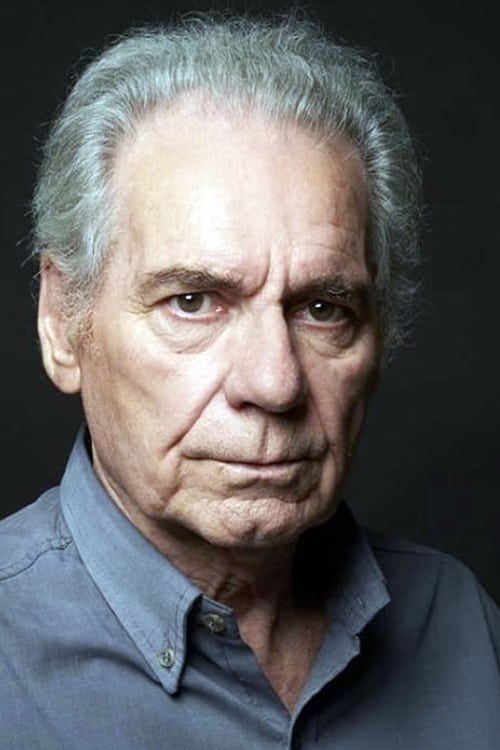
Riwayat Hidup
Hugo Arana (July 23, 1943 - October 11, 2020 Buenos Aires, Argentina) was an Argentinian film, television and theatre actor.
Arana grew up in Monte Grande and moved with his family to Lomas de Zamora and then Lanus.
He studied acting with Marcello Lavalle and Augusto Fernandez.
In his first years as an actor, he was part of a theatre group called "Errare Humanum Est" and he acted in films such as El Santo de la Espada (1970) and La tregua (1974).
In the 1980s, he became popular for his part in an advertisement for Crespi wine, and then for his part in the TV Sitcom Matrimonios y algo más (directed by Hugo Moser), in which he played two characters who were highly acclaimed by the public: the "Groncho" (in the comedy sketch "El Groncho y La Dama" (The Shabby Man and the Lady)) and Huguito Araña (a stereotypically femenine gay man).
He has worked on the Telefé TV series Los exitosos Pells, where he played the director of the fictitious channel "Mega News", Franco Andrada.
Description above from the Wikipedia article Hugo Arana, licensed under CC-BY-SA,full list of contributors on Wikipedia.
Info Pribadi
Peran Yang Di Mainkan Hugo Arana
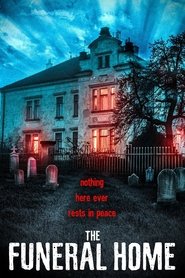 Bernardo is an undertaker He runs...
Bernardo is an undertaker He runs...The Funeral Home 2021
Bernardo is an undertaker. He runs his mortuary business in the same house where he resides. In the front, he has his clients. And in the back, his dysfunctional family lives amongst coffins, wreaths, and the mischievous but nonviolent ghosts that visit on a daily basis. But when a malevolent entity enters the scene, it wreaks havoc on the already fractured household.
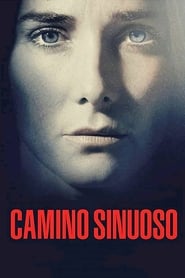 A former Olympic athlete must return...
A former Olympic athlete must return...Sinuous Road 2018
A former Olympic athlete must return to the city where she grew up to fix family problems and face her past.
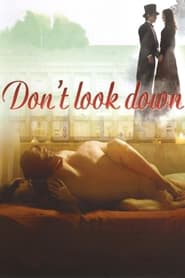 A sexy Spanish siren named Elvira...
A sexy Spanish siren named Elvira...Don't Look Down 2008
A sexy Spanish siren named Elvira schools a young man in tantric lovemaking.
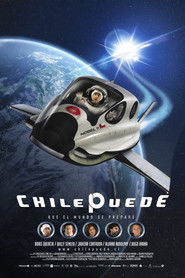 The businessman who sends the first...
The businessman who sends the first...Chile Can Do It 2008
The businessman who sends the first Chilean astronaut into outer space can't quite come up with the money to bring the adventurer back.
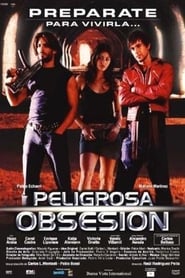 An Argentine truck driver is on...
An Argentine truck driver is on...Dangerous Obsession 2004
An Argentine truck driver is on a routine trip through Rio de Janeiro when he meets a mysterious countryman. They travel back to Argentina together, meeting a beautiful Brazilian journalist on the way. The truck driver has revenge on his mind, and both the adventurous young man, and the gorgeous girl join him in this venture. The only thing the three have in common are their obsession for honor and justice.
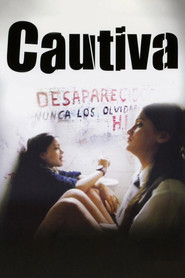 Cristinas life is thrown into turmoil...
Cristinas life is thrown into turmoil...Cautiva 2004
Cristina's life is thrown into turmoil when she is suddenly escorted from her strict Catholic school in Buenos Aires and told that she is really Sofía Lombardi, the daughter of activists who disappeared in the '70s. Questioning everything she once thought true, Cristina embarks on a journey to find her true identity. Meeting others like herself, the young girl soon discovers the real-life horrors of Argentina's relatively recent past and the nightmare that claimed tens of thousands of lives during the country's "dirty war."
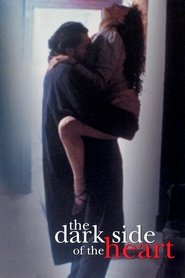 Oliveiro is a young poet living...
Oliveiro is a young poet living...The Dark Side of the Heart 1992
Oliveiro is a young poet living in Buenos Aires where sometimes he has to sell his ideas to an advertising agency to make a living or exchange his poems for a steak. In Montevideo, he meets a prostitute, Ana, with whom he falls in love. Back in Buenos Aires, he accepts a contract with a publicity agency to get the money for three days of love with her. Will he get what he's searching for when his ideal of love's pleasure is literally going in levitation while making love?
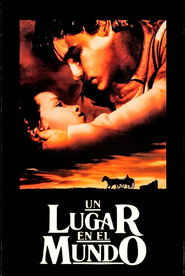 Mario and Ana in voluntary exile...
Mario and Ana in voluntary exile...A Place in the World 1992
Mario and Ana, in voluntary exile from Buenos Aires, live in a remote Argentine valley with their 12-year-old son Ernesto. Mario runs a school and a wool cooperative; Ana, a doctor, heads a clinic with Nelda, a progressive nun. Into this idealistic family comes Hans, a jaded Spanish geological engineer -- surveying the land for the local patron, to see if it can be dammed for hydro-electric power, which would drive the peasants from the land into the cities.
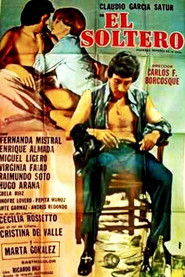 Everyone tries that a successful single...
Everyone tries that a successful single...El soltero 1977
Everyone tries that a successful single marry with a woman.
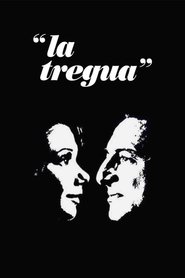 A man has to come to...
A man has to come to...The Truce 1974
A man has to come to terms with his wasted youth, estranged family and grim prospects for the future.
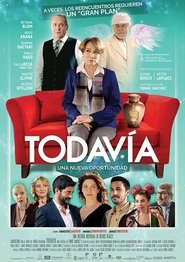
 A 36yearold meek woman realizes that...
A 36yearold meek woman realizes that...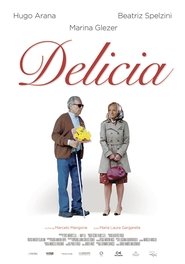
 The story is centered on the...
The story is centered on the...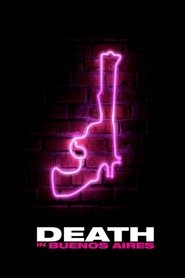 In the 1980s after a businessman...
In the 1980s after a businessman...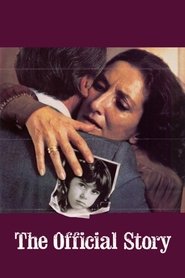 Buenos Aires Argentina 1983 In the last...
Buenos Aires Argentina 1983 In the last... A young man enters an institute...
A young man enters an institute...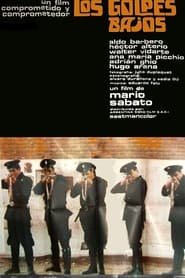
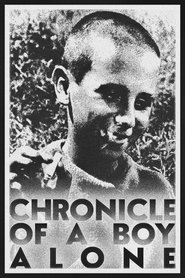 The story of a delinquent elevenyearold...
The story of a delinquent elevenyearold...